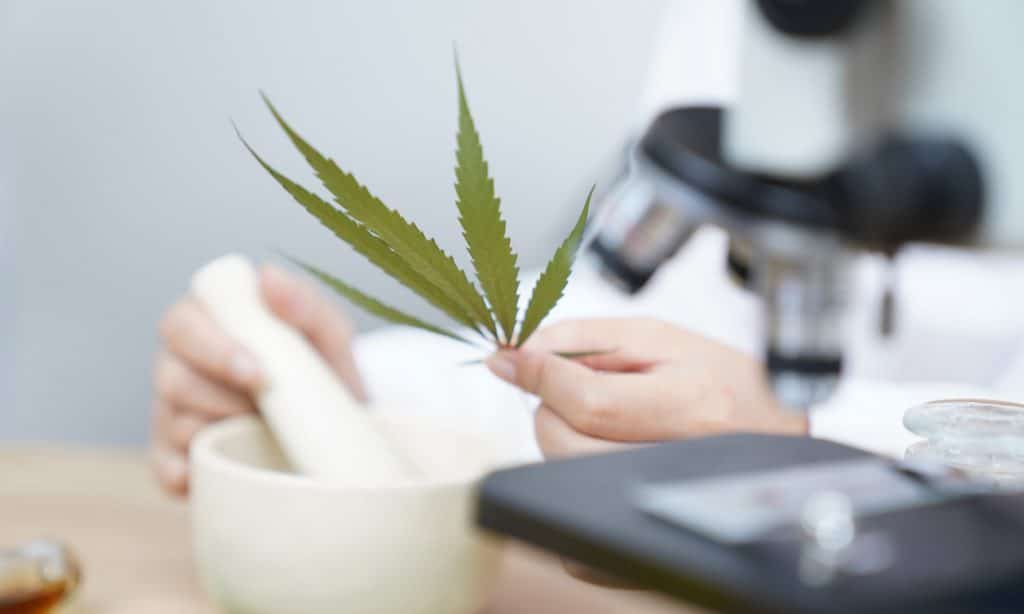Like many EU countries, Croatia has been slowly changing its laws to allow for greater legal (or at least decriminalized) cannabis use. However, earlier this year, some in Croatia’s government got a bit impatient, attempting to jump steps in order to legalize recreational cannabis.
Two of the legal acts that govern drug law in Croatia are the Criminal Code and The Law on Combating Drugs Abuse. The manufacturing, trade, and possession of drugs are regulated by The Law on Combating Drugs Abuse which passed in 2001, and which has undergone updates since that time. It outlines preventative measures for curbing drug use and dealing with drug users, and specifically forbids growing, possessing or supplying drugs. The Criminal Code is used for the prosecution of more serious crimes.
In mid-December, 2012, the Croatian parliament voted in a bill to decriminalize personal use amounts of illicit substances, making possession of these amounts no longer a criminal offence (but rather a misdemeanor). Croatia does not establish what a personal use amount is, and leaves the designation to the courts in each particular case.
To be clear, whereas some personal use laws in other countries come with very few repercussions so long as the amount is within the legal requirement, Croatia’s decriminalization laws still leave an offender to pay a fine of possibly more than €2,000, ordered into a rehabilitation program, or required to do community service. Before the change in law, simple possession charges could result in up to three years in jail. The Criminal Code encourages courts to use alternatives to prison whenever possible, especially when the prison sentence would otherwise be six months or less.
The law, which went into effect on January 1st, 2013, did nothing to decriminalize personal cultivation of any drug for any reason. Cultivation, processing, and production of drugs, even without intent to sell, can result in 6 months – 5 years in prison. With intent to sell it can be anywhere from 1-12 years. It can go up to 15 years if the crimes involve children, and up to 20 years with the involvement of organized crime.
Medical cannabis in Croatia
In October, 2015, Croatia legalized the use of cannabis for medicinal purposes. Under the law, doctors can prescribe medications in different forms containing THC with regulations putting a cap at .75 grams of THC per month for a patient. One of the driving forces behind the change in legislation came about because of a case involving a multiple sclerosis sufferer who was caught growing and using cannabis personally to treat his symptoms. The man in question was caught with 44 pounds of cannabis with which he was using to make oil.









